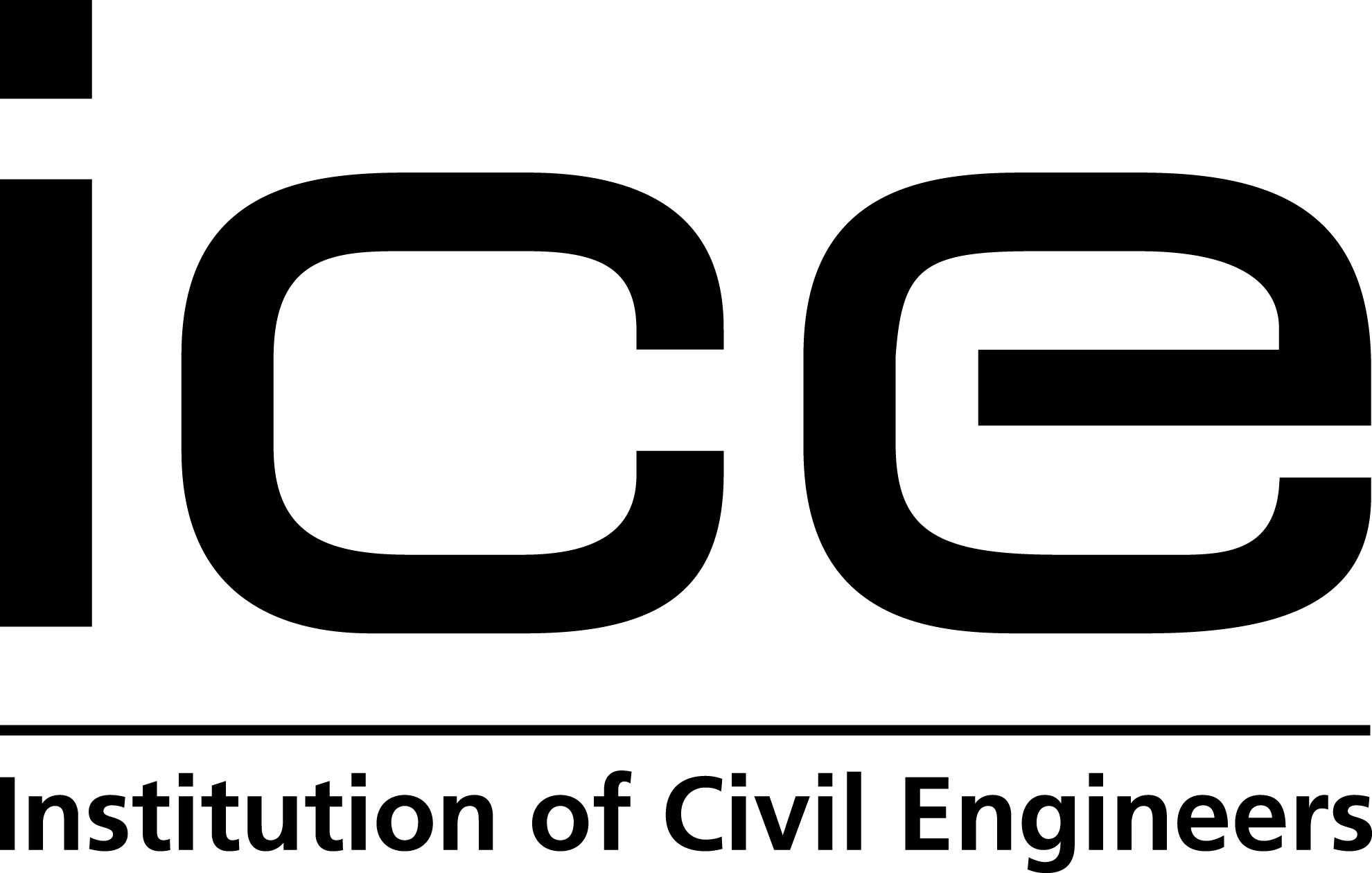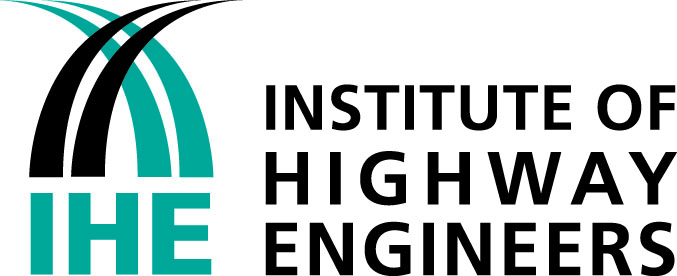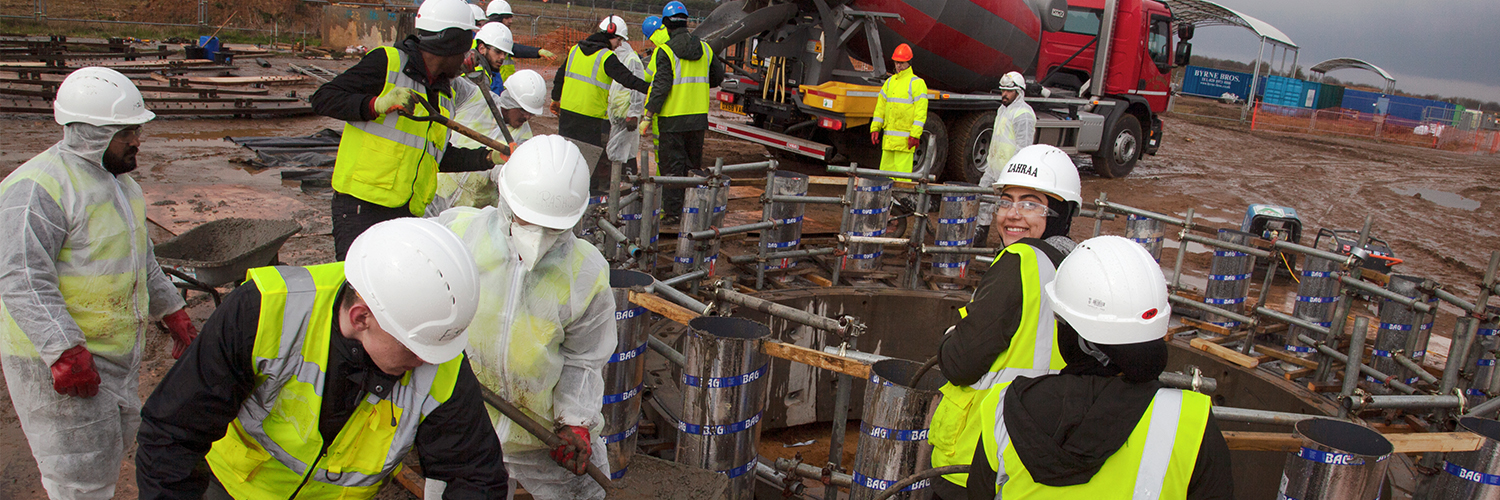Civil Engineering
Full-time
With placement
Four year
Five year
September 2025
In a nutshell
Civil engineers create, improve and protect the infrastructure that supports everyday life. Gain the skills to successfully plan, manage and implement major engineering projects, and open up exciting career opportunities, with our accredited MEng (Hons) Civil Engineering degree.
Designed around real-world problem solving, and delivered from our new £65 million engineering hub, our course will steadily increase your knowledge base to an advanced level. Initially focusing on structures, surveying and project planning, you will advance to study specialist modules in infrastructure design, geotechnics and wastewater systems.
With a focus on your future, you will also develop transferable skills and learn about the decision-making methods used by industry. You also have the option to include an industry placement year, where you can gain additional workplace skills and boost your employability once you graduate.
Start your study journey
Register for our next Open Day to learn more about studying Civil Engineering, explore our facilities and meet the course team
You will:
- Develop professional knowledge, design and analytical skills, learning about the associated social, legal and environmental issues
- Acquire the engineering skills to design simple structural steel, analyse statically indeterminate structures and design complex structures using reinforced concrete
- Identify and manage environmental issues and associated risks relating to civil engineering, including water, transport, landscape, heritage and biodiversity
- Build knowledge about materials and their fundamental behaviour, including geology, soil mechanics and laboratory testing
- Gain practical experience using industry standard software, so you're ready to join the industry when you graduate
options available
students accepted
Course accreditations




This is for you if...
You're fascinated by infrastructure, and want to contribute to society in a positive way
You're a creative problem-solver and enjoy using technology to find solutions
You studied mathematics or physics at school/college and you want a career in a practical engineering environment
All about the course
Course delivery
Delivered over four years - or five if you choose to include an industry placement, you will study a suite of modules designed to embed theoretical knowledge, build career-focused skills and help you become a world-class engineer.
In year one, you will build a strong foundation of knowledge in civil engineering, exploring various topics, as you progress into year two, you’ll expand your subject knowledge and assess the role of the civil engineer in industry. By year three and your final year, you’ll study further advanced modules and commence your research project.
Learn more about the current course modules below.
Learning experience
Located at the heart of the property and construction market, Salford is a great place to study civil engineering. We take advantage of our amazing location at the heart of Greater Manchester to visit nearby world-famous civil engineering projects, such as the first ever canal and passenger railway line which means we have strong industry links.
Collaboration is core to our values, so we strive to embed this throughout your studies so that you gain practical context to your studies. You will experience group projects that will build your confidence and capabilities in team working, problem-solving and communication - all desirable skills for real-world engineering careers.
Led by our award-winning civil engineering team, our courses are designed to equip you with the knowledge and skills to create the future infrastructure, buildings and facilities that improve our quality of life. You’ll also have access to a stimulating range of external guest lectures, placements and experience Constructionarium – an unmissable, week-long practical field course that brings your classroom learning to life.
Industry placement
On this course, you will have the option to take an industry placement year between years two and three. Although you will be responsible for securing your placement, our tutors will support you in finding a role, and monitor your progress throughout.
Industry placements are an excellent way to enhance your CV, gain hands-on work experience and build industry connections. We often find that placement students achieve higher final year grades.
Civil Engineering Mathematics 1
An understanding and ability to use mathematics are essential skills for success in engineering. This module will review and expand on the following subjects: algebra, trigonometry, functions, geometry, vectors, complex numbers and calculus, with emphasis on their applications to engineering.
Civil Engineering Materials and Geology
Civil engineering employs the use of a wide range of materials, in this module you will develop your understanding of those materials and study their fundamental behaviour. Subjects include construction materials, geology, soil mechanics and laboratory testing.
Civil Engineering Construction
There are a broad spectrum of elements involved with civil engineering construction. This module will develop your understanding of those elements from effective engineering construction techniques to contract law. Subjects include site safety, sustainability, resource efficiency, consulting engineers and contractors, client's requirement and financial planning and control.
Civil Engineering Surveying
You will develop your understanding and ability to undertake a range of civil engineering surveying tasks, such as setting out, land surveying and quantity surveying. The main subject areas are land surveying techniques, setting out techniques, modern surveying techniques and quantity surveying. You will cover subjects and learn techniques such as setting up a level, theodolite and total station, construction lasers, GPS, EDM, co-ordinates, bearings and contract pricing.
Civil Engineering Communication
As a successful civil engineer it is important to have a wide range of well developed communications skills allowing you to communicate effectively not only with other engineers but also clients, contractors and labourers. This module will develop your drawing, written reports and presentation skills.
Structures E1
You will develop an ability to analyses statically determinate structures and design simple structural steel work elements in this module. The module content is split into analysis and design. Analysis includes the subjects rigid body statics, material properties and Euler theory. Design subjects include design of structural steelwork elements in simple construction, and fire and corrosion protection systems for structural steelwork.
Civil Engineering Mathematics 2
This module will build on the engineering mathematics module in year one and develop more advanced knowledge and skills in mathematical analysis, to enable you to tackle more advanced engineering problems. Subjects covered include partial differentiation, determinants and matrices, vector analysis, Laplace transforms and functions of a complex variable.
Soil Mechanics E2
All structures are dependent on the ground they're built on, in this module you will be introduced to the principles of soil mechanics including the general behaviour of different soil types under loading and unloading conditions and how this behaviour may be predicted. Subjects include geotechnical investigation, soil strength and transient groundwater flow.
Structures E2
The module builds on your structural analysis knowledge from year 1 and develops it to consider simple statically determinate structures. On the design side Reinforced concrete structures are considered in detail. The design of slabs, beams, columns and foundations are looked at. Overall stability of RC structures is also described.
Design and Construction Management
Project planning and execution are a vital part of the role of a civil engineer. In this module you practice these skills, culminating in a residential field course which will see you working in a team to construct structures from bridges to oil rigs.
Highway design and analysis
Our highways are crucial to our lives, whether that be economic or recreational. In this module you will learn the principles which underlie current UK practice in highway design and construction and analysis, including the application of statistical techniques to transport engineering problems.
Fluid Mechanics E2
You will develop an understanding of civil engineering hydraulics concentrating on flow in pipelines. The subjects covered include fluid properties, hydrostatics, fluid dynamics, flow in pipes, Reynolds experiments, pipe systems and networks, and water distribution systems.
Geotechnical Engineering E3
You will learn to develop approaches to the design and analysis of soil slopes and foundations. The subjects include stability of embankments, stability of earth dams, stability of shallow foundations on fine and coarse grained soils, design based on in situ tests and stability of deep foundations in fine and coarse grained soils.
Water Resources E3
You will develop your understanding of sediment transport, wave theory, pressure transients in closed systems and hydrological science. The subjects covered include surface water hydrology, open channel flow, steady non-uniform flow, hydraulic structures, water waves, and hydraulic models.
Structures E3
You will further develop your ability to analyse statically indeterminate structures and design complex structures. Subjects include moment distribution with sway, plastic section properties, Hillerborg strip methods, and design of timber structures including glulam timber members.
Case Studies in Environmental Engineering
You will develop the ability to identify and deal with environmental issues relating to civil engineering, through a series of case studies. The subjects include environmental risks associated with ground engineering and water resources, transport and the environment, landscape, heritage, and biodiversity impacts, and engineering solutions.
Finite Element Analysis with Seismic Engineering
This module will introduce stiffness and finite element analysis as applied to civil engineering structures, and the fundamentals of seismic analysis and the effects of earthquake activity on the design of ground slopes, earth dams, foundations and structures.
Individual Project
One of the most important parts of your preparation for your future career, whether in industry or research, is the undertaking of an individual project. Projects are based on particular civil engineering themes of industrial relevance.
Project Part 2
You will continue your individual project from year three.
Introduction to Structural Design with Computer Applications
Computer modelling of structures is an important part of civil engineering. In this module you will develop a deeper and broader understanding of conceptual design as applied to Civil Engineering structures using computer programming resources. Through commercial software you will learn to implement stiffness and finite element methods.
Water and Wastewater Systems
In this module you will analyse and evaluate current established and advanced technologies available to engineers for water and waste-water collection and treatment. Subjects include drinking water quality standards and water treatment, sludge blanket clarifiers and flotation systems and biological treatment.
Transport Infrastructure Design and Analysis
This module will teach you to specify problems and analyse alternative engineering solutions associated with the design, operation and management of transport infrastructure. Subject include issues of durability and sustainability, theories of traffic flow and their practical application to traffic management and control, analytical methods for designing highway drainage and structural design of bridges and earthworks.
Please note that it may not be possible to deliver the full list of options every year as this will depend on factors such as how many students choose a particular option. Exact modules may also vary in order to keep content current. When accepting your offer of a place to study on this programme, you should be aware that not all optional modules will be running each year. Your tutor will be able to advise you as to the available options on or before the start of the programme. Whilst the University tries to ensure that you are able to undertake your preferred options, it cannot guarantee this.
Frequently asked questions
What is a MEng degree?
This programme is offered as a 3-year bachelor’s (BEng) qualification or a MEng that has an additional year of study (4 years) that gives you a higher master’s qualification.
What does a civil engineer do?
Civil engineers are focused on the design, construction, and maintenance of physical structures, particularly public works such as roads and bridges.
Are civil engineers well paid?
Civil engineering can be a very financially rewarding field. A graduate civil engineer could expect a salary of around £30,000.
Is civil engineering stressful?
Civil engineering could be considered a challenging field due to the size and breadth of construction projects. However, our students find our programmes incredibly rewarding when gaining a wide range of skills during their studies and getting to work on exciting new projects.
There are methods to ensure you’re getting the best of your degree, including practicing good time management and making time for yourself to recharge. If you find your studies overwhelming, there will be support available from your lecturers and university support staff.
School of Science, Engineering and Environment
Rising to the challenge of a changing world, our degree courses are designed to shape the next generation of urbanists, scientists, engineers and industry leaders.
Driven by industry, and delivered by supportive programme teams, you can develop the knowledge and skills to become unstoppable in your career.
Facilities
As a civil engineering student, you will be based in laboratories that keep teaching and learning apace with cutting-edge innovation and discovery.
In our Heavy Structures Laboratory you can load test almost any structure using our hydraulic actuators, strong floor, tensile and compression testing machines and climactic cabinet.
In our Hydraulics Laboratory, you can explore how water flows and behaves at different velocities. Our Water Quality Laboratory is linked to our plant growing (hydroponics) facility, where you can investigate the ability of different plants and filters to remove groundwater contaminants.
In the Geotechnics Laboratory, you can learn about soil types, their strengths, permeability and compressibility and how these things can affect the ground conditions under building foundations, dams and embankments.
You will also learn to use a range of surveying equipment and tools, such as digital total stations, levels and theodolites, which combined with digital drawing capability. will equip you with skills demanded by employers.
What about after uni?
Employment
By gaining the knowledge and skills to successfully plan, manage and implement major civil engineering projects, you can open up some exciting career opportunities.
There is huge demand for civil engineers, both in the UK and worldwide. You may choose to focus your career in the built environment and construction industries, or you may prefer to work in transport, utilities or information technology sectors, or even the armed forces.
Typically, civil engineering graduates focus their skills in structural design, or infrastructure consultancy. Graduate schemes with large engineering films often provide a platform for career progression and specialism. Today, you’ll find our alumni working at leading companies including WSP and Roger Bullivant.
Further study
You might find you want to learn more about civil engineering. Building on our expertise, we offer a range of postgraduate courses that can take your interests and career opportunities further. Salford graduates and alumni will also receive a generous fees discount.
What You Need To Know
Applicant profile
We are looking for applicants who want a career in civil engineering. Good interpersonal skills, attention to detail and a strong work ethic are desirable characteristics. You should have a good understanding of linking theory to real-world application.
English language requirements
All of our courses are taught and assessed in English. If English is not your first language, you must meet our minimum English language entry requirements. An IELTS score of 6.0 (no element below 5.5) is proof of this, and we also accept a range of equivalent qualifications.
Read more about our English language requirements, including information about pathways that can help you gain entry on to our degree courses. If you do not have the English language requirements, you could take our Pre-Sessional English course, or the International Foundation Year to gain entry onto this degree.
Course accreditation
This degree is accredited by the Joint Board of Moderators (JBM) comprising the Institution of Civil Engineers, Institution of Structural Engineers, Institute of Highway Engineers, the Chartered Institution of Highways and Transportation and the Permanent Way Institution on behalf of the Engineering Council, as fully satisfying the educational base for a Chartered Engineer (CEng).
Visit JBM for further information.
GCSE
English Language and Mathematics at grade C/level 4 or above (or equivalent). You must fulfil our GCSE entry requirements as well as one of the requirements listed below.
UCAS tariff points
128 UCAS points to include the study of Mathematics and a numerate science
A level
128 UCAS points, including grade B in Mathematics and grade B in a numerate Science-based subject (Physics, Chemistry, Electronics, Design Technology or Computer Science. Grade B in A/S level Physics is also acceptable.
BTEC National Diploma
DDM. Must include Distinctions in Mathematics modules.
Access to HE
Contact Admissions for further information
Scottish Highers
128 UCAS points to include grade B Advanced Higher level Mathematics and Physics
Irish Leaving Certificate
128 UCAS points to include Higher Level Mathematics and Physics.
European Baccalaureate
Pass in Diploma of at least 60% from Science or Engineering.
International Baccalaureate
35 points to include grade 6 in Higher Level Mathematics and Physics
International students
We accept qualifications from all around the world. Find your country to see a full list of entry requirements. If you do not have the English language requirements, you could take the International Foundation Year to gain entry onto this degree.
Salford Alternative Entry Scheme (SAES)
We positively welcome applications from students who may not meet the stated entry criteria but who can demonstrate their ability to pursue the course successfully. Once we receive your application, we'll assess it and recommend it for SAES if you are an eligible candidate.
There are two different routes through the Salford Alternative Entry Scheme and applicants will be directed to the one appropriate for their course. Assessment will either be through a review of prior learning or through a formal test.
To be considered for the Salford Alternative Entry Scheme you must have already achieved or be working towards GCSE Maths and English Grade C/4 (or equivalent).
Please contact Admissions for further information.
How Much?
| Type of study | Year | Fees |
|---|---|---|
| Full-time home | 2025/26 | £9,250.00per year |
| Full-time international | 2025/26 | £17,650.00per year |
Additional costs
You should consider further costs which may include books, stationery, printing, binding and general subsistence on trips and visits.
International student scholarships
If you are a high-achieving international student, you may be eligible for one of our scholarships.
Learn more about our latest international scholarships.



